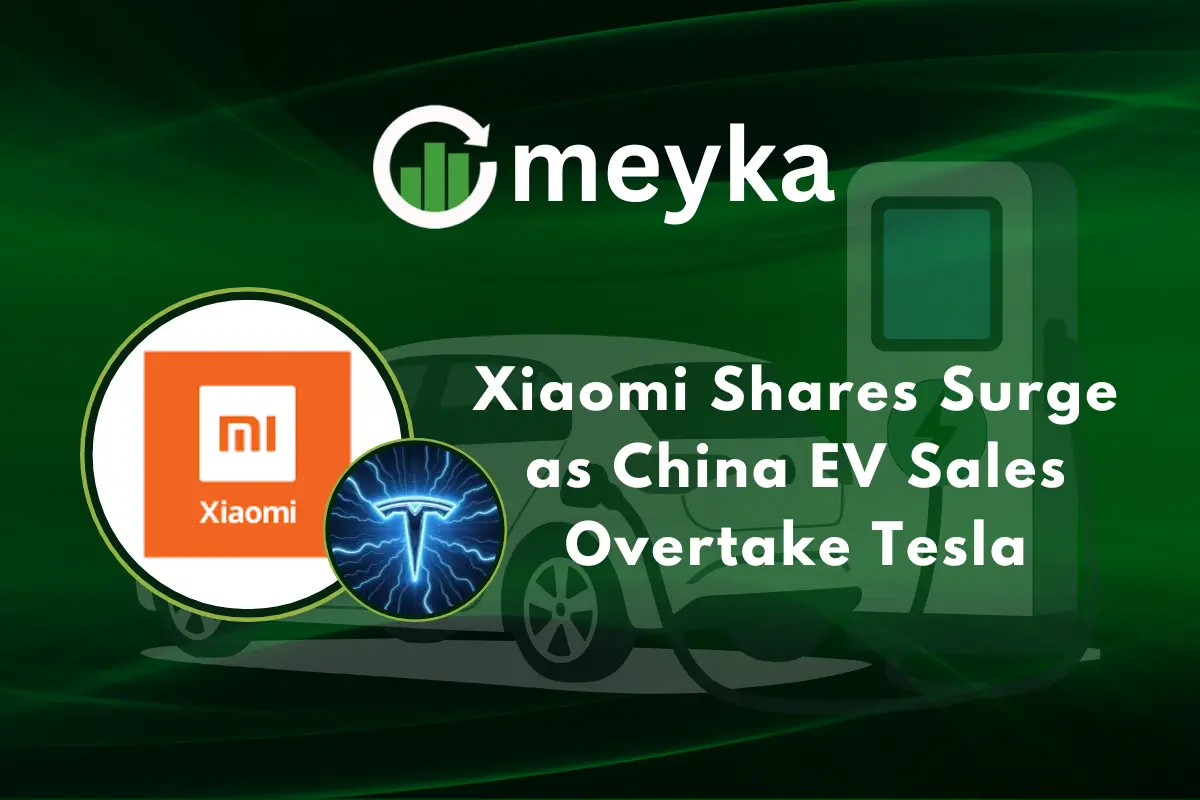Xiaomi Shares Surge as China EV Sales Overtake Tesla
On 10 November 2025, data from the China Passenger Car Association revealed a sharp shift in the Chinese electric-vehicle arena. While Tesla sold only 26,006 units in China that month, marking its lowest monthly total in three years, the Xiaomi EV arm recorded 48,654 retail sales in October. That changing tally hints at something big: a tech-giant turned auto-maker is now challenging a global EV leader at home.
Continue Reading on Meyka
This article is available in full on our main platform. Get access to complete analysis, stock insights, and more.
Read Full Article →





